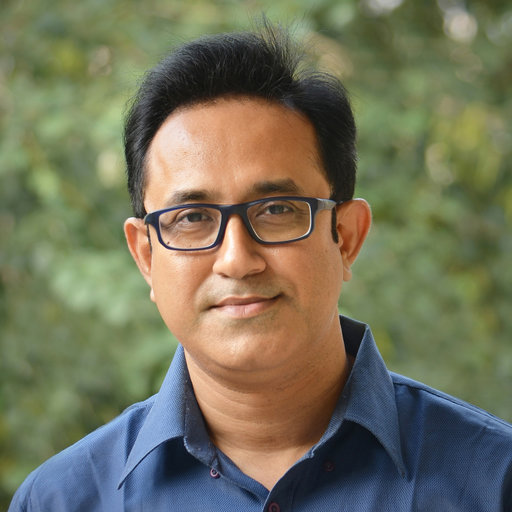Dr. Shravan Sehrawat's lab aims to understand the function and differentiation of CD8 T cells during infection with endemic pathogens such as dengue virus, Chikungunya virus and protozoan parasites such as Plasmodium in addition to herpes viruses, the latter being the most successful pathogen. Employing various molecular and immunological approaches, they try to understand the host-pathogen interaction. They are also trying to develop novel animal models to study immunity and immunopathology during viral infections.
Dr. Indranil Banerjee's group aims to advance the understanding of the infection mechanisms of two emerging human viruses, influenza and dengue. Employing variety of techniques including cell and molecular biology, high-content imaging, RNAi, biochemistry, genome editing etc., they seek to investigate the molecular underpinnings of the viral infection processes in the host cells. Using human induced pluripotent stem cell (iPSC) technology, they are also trying to develop new cellular and organoid models to study influenza and dengue virus infections. They hope to shed new light on the cellular and molecular processes supporting virus infections, and ultimately use the knowledge to design novel therapeutic strategies.
Prof. Arunika Mukhopadhyaya's group is interested in characterization of host-immunomodulatory responses by pathogenic gram negative enteric bacteria. Pathogenic enteric bacteria are those which upon entering into the host colonize in the gut region and secrete toxin(s) or invade gut epithelial cells to pathogenize the host. Pathogens carry pathogen associated molecular patterns (PAMPs) which are recognized by the pattern recognition receptor (PRRs) present on the cells such as macrophages, dendritic cells, intestinal epithelial cells. PAMP recognition by PRRs initiate signal transduction cascades resulting in production of an array of cytokines and chemokines which are not only important for innate immune responses also shapes up adaptive immune responses in terms of inflammation and B/T cell effector function and memory generation. Different PAMPs or antigens have the ability to excite or suppress the immune responses. If the antigen is a potent stimulator of the host's immune system, it can be considered for vaccine development. On the other hand if the antigen is an immune suppressor that help us to understand more about the pathogenesis of the bacteria.
Dr. Vidya Negi's lab is interested in looking how host-pathogen interaction occurs during infection. How does a pathogen evade host immune response and develop an adaptive strategies to survive better? They are also interested in exploring the Salmonella mediated Infectobesity and impact on host development.

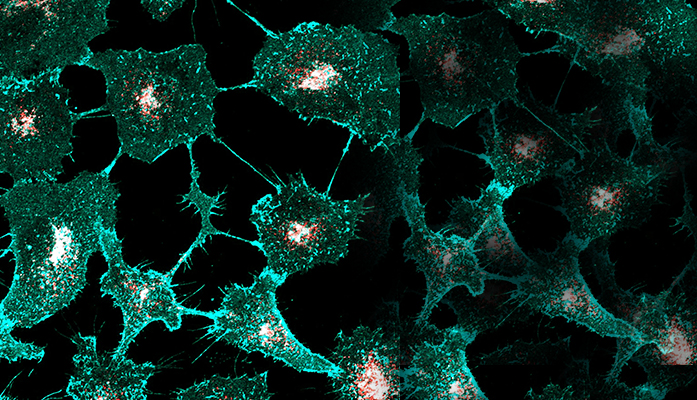
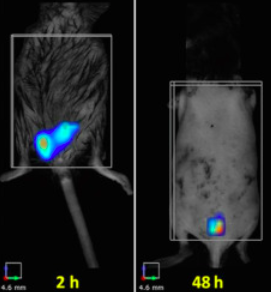

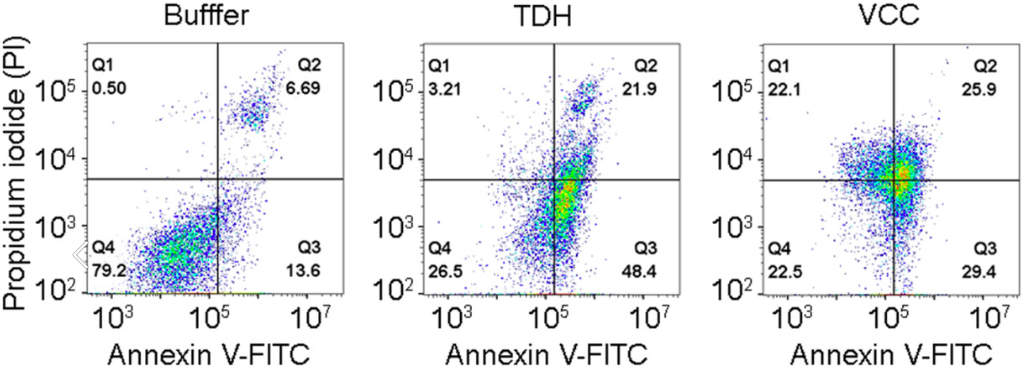
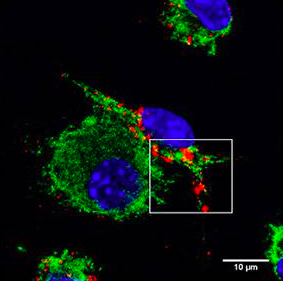


.jpeg)

.jpeg)
